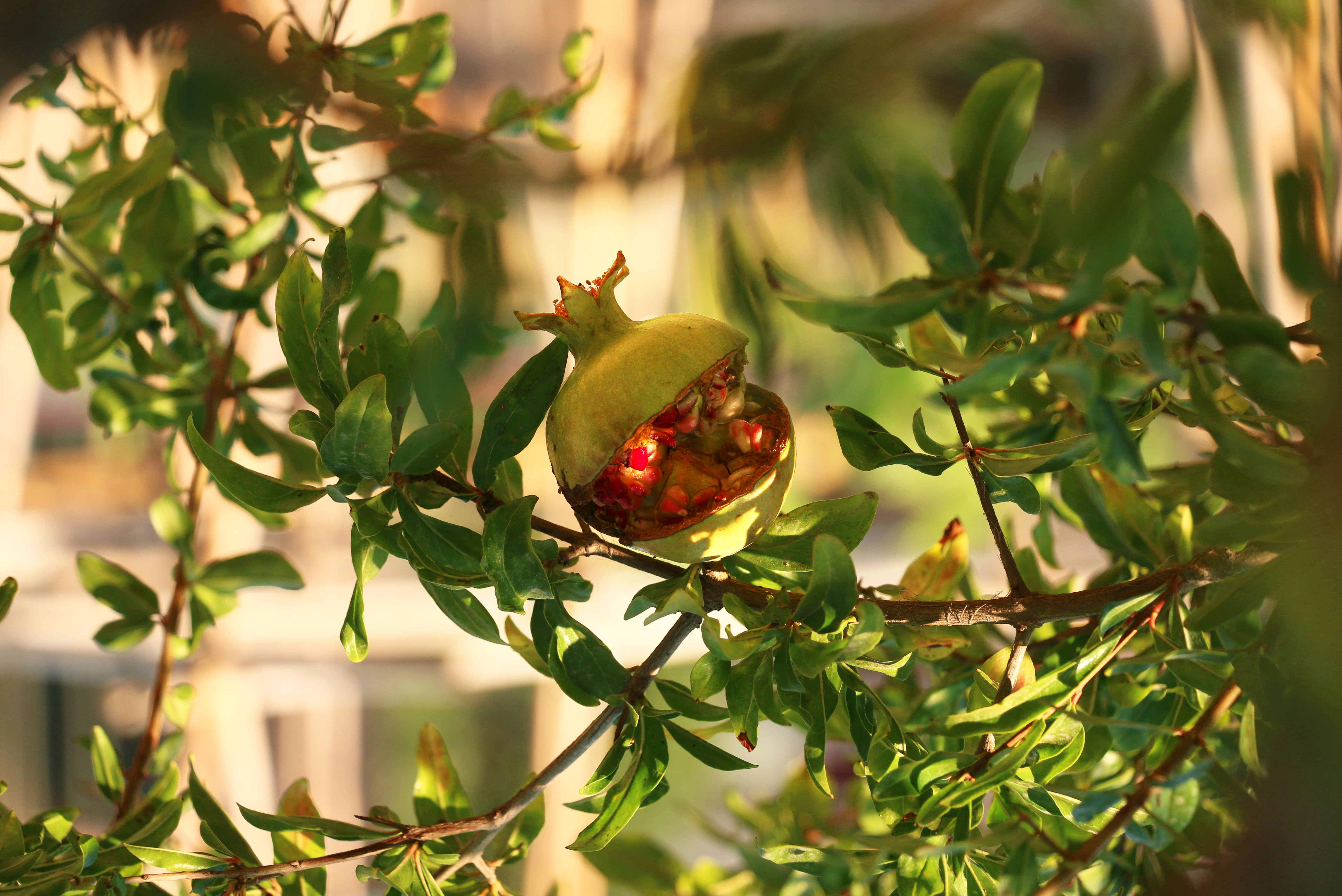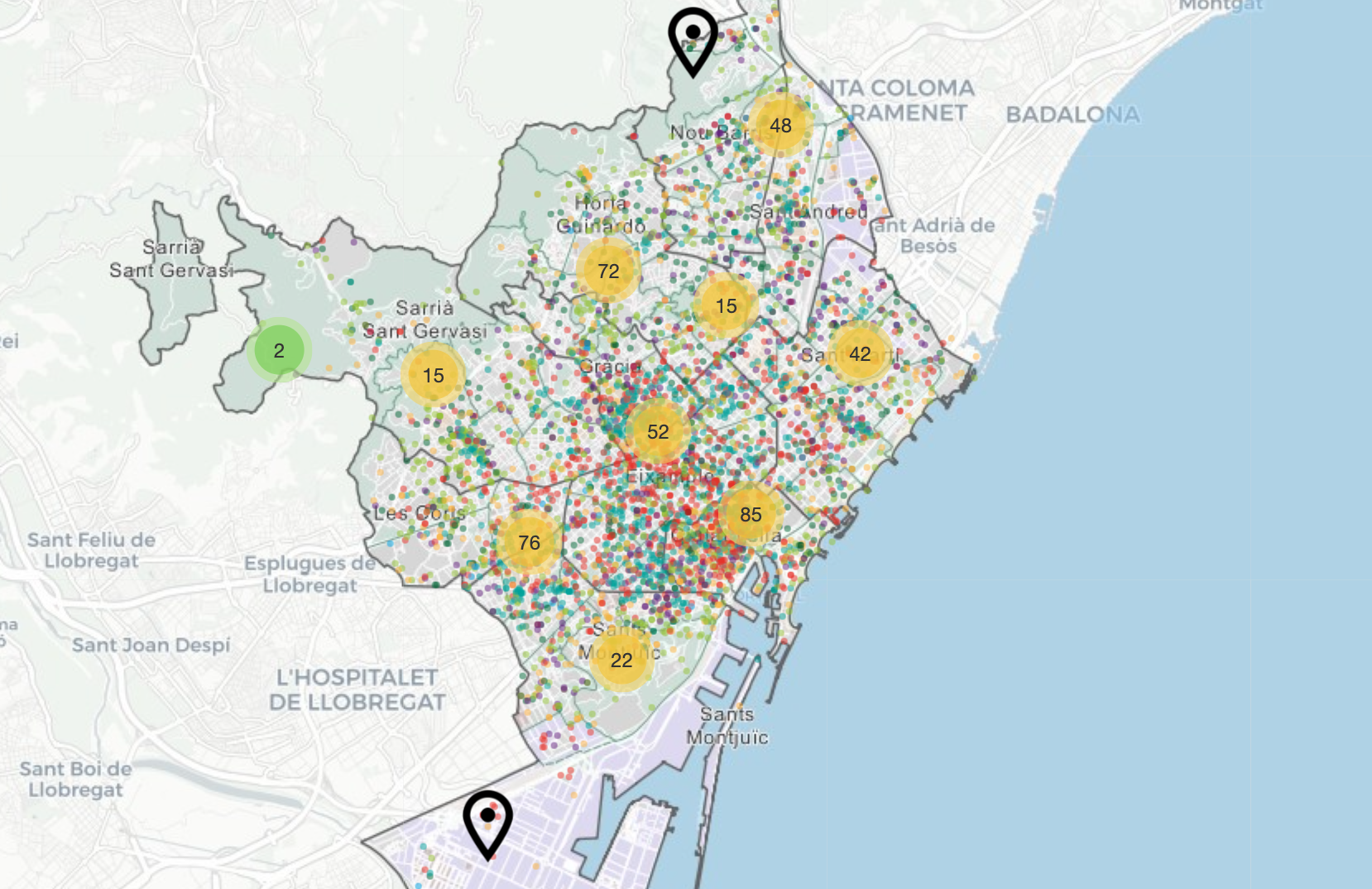PhD research

Multi-Species Barcelona: Exploring (Human-)Natures In Green Spaces
Since the early 2000s, grassroots and often illegally claimed urban food allotments (huertos) and gardens have been popping up across Barcelona. Congested roads and abandoned factories have been filled with trees and subterranean fungal networks, while neighbours gather around communal composts. Often overtly differentiated from current municipal sustainability re-designs, there are approximately 170 huertos in Barcelona. Through focusing on three urban huertos, my thesis asks: how are alternative ways of co-existing with multiple species and diverse ontological relations to ‘nature’ materialising across the city? Less anthropocentric ways of being ‘human’, inter-species kinship, conceptions of the ’social’ and transformed bodies – from backaches to soil-stained hands – turn these spaces into powerful catalysts for alternative multi-species urban co-habitation. These broader themes are woven into every day, and often contradictory, processes that move in and out of the huertos: ecological food cultivation, non-monetised exchange networks, climate education, labour shifts and altered consumption patterns.
The three huertos of my thesis chart the trajectories of distinct groups: internal migrants from rural peasant backgrounds who came for industrial labour, working-class women who are led by permacultural philosophies and networks of plant exchange between Latinx migrants and Barcelona born women. While their differences will be traced, all groups reject capitalistic (post-)industrial relations to the natural world and create small-scale ecologies where human action is shaped by the rhythms of non-humans. Fruit trees, parakeets, stray cats, soil microbes – and all living and abiotic phenomena in-between, are also actors in my thesis. My research aims to shine light on wider concerns within urban ecological anthropology, from how un-planned animal and plant life shape urban lifestyles, how class and race intersect with access to natures, modes of cosmopolitan sociality that span species to how daily habits point to more sustainable and climate adaptive modes of life.
Urban areas are set to host 68% of the global population by 2050 and currently up to 70% of global greenhouse emissions, making them core spaces whereby (un-)ecological relations between humans and the wider natural world are being disseminated to increasing populations.
Biography:
After my BA in English Literature (UCL) and a year spent as a freelance photojournalist in Barcelona, I completed an MSc in Anthropology (UCL) in 2018. Following ethnographic research in one of Cordoba’s most historic mosques, I explored Spanish Moroccan Muslims’ historical consciousness of Spain’s Islamic past and this related to public and private modes of religiosity. My MRes in anthropology (SOAS) focused on the relation between public displays of Jewishness in Barcelona and the global growth of minority groups who display their cultural or ethnic traditions through the heritage industry since the 1980s. This research culminated in my co-organisation of a three-day workshop exploring public Jewish identity, while I also co-ordinated the Jewish-Muslim Research Network and continue to write journalistic articles. My PhD, in the anthropology department of SOAS, University of London, is ESRC funded.
For any interest in or questions about my research, or journalistic commissions, email me at: florahastings3@gmail.com
